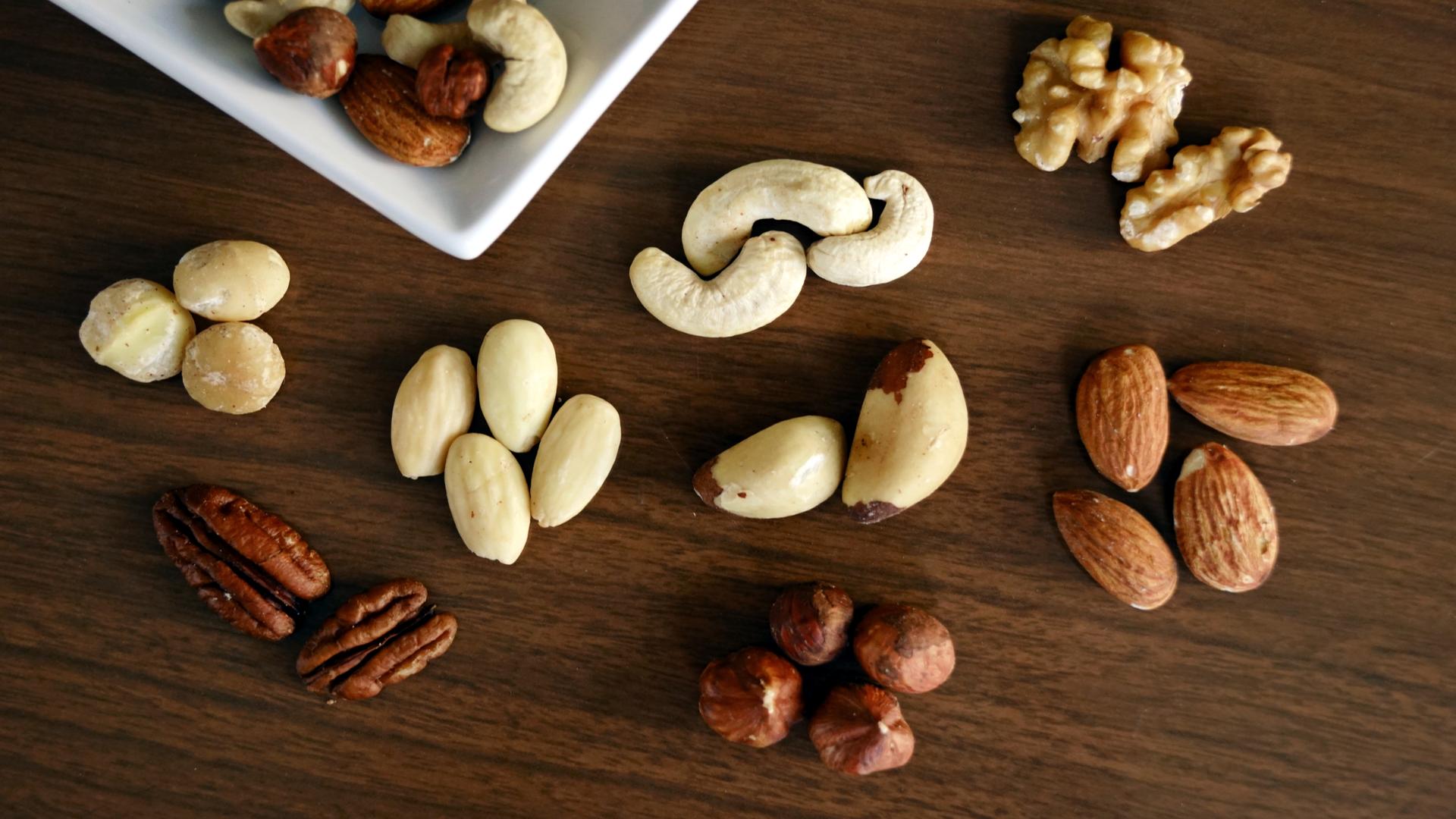
Plant-Based Nutrition: A Holistic Approach to Health and Well-Being
Introduction
Today, more people are embracing plant-based nutrition as a way to nourish their bodies and protect the environment. A plant-based diet emphasizes whole foods derived from plants, including fruits, vegetables, whole grains, legumes, nuts, and seeds. This comprehensive guide delves into the benefits, principles, and practical tips for adopting a plant-based lifestyle.
The Benefits of Plant-Based Nutrition
1. Enhanced Nutritional Profile
Plant-based diets are rich in essential vitamins, minerals, antioxidants, and fiber. A wide variety of plant foods ensures optimal nutrient intake, promoting overall health and reducing the risk of chronic diseases.
2. Lower Risk of Chronic Diseases
Studies consistently show that plant-based diets can help prevent and manage chronic conditions such as heart disease, type 2 diabetes, obesity, and certain cancers. The abundance of plant-derived antioxidants and phytochemicals contributes to these protective effects.
3. Weight Management
Plant-based diets, particularly when centered around whole foods and limited processed foods, can aid in weight management. Plant foods are typically lower in calorie density and higher in fiber, helping individuals feel fuller for longer while consuming fewer calories.
4. Environmental Sustainability
The cultivation of plant-based foods requires fewer environmental resources compared to animal agriculture. Choosing plant-based options can reduce greenhouse gas emissions, conserve water, and mitigate deforestation.
Principles of Plant-Based Nutrition
1. Variety and Balance
Aim for a diverse array of plant foods to obtain a wide range of nutrients. Opt for a balanced combination of fruits, vegetables, whole grains, legumes, nuts, and seeds.
2. Whole Foods Focus
Prioritize whole, minimally processed foods to maximize nutrient intake. Whole foods maintain their natural nutrient profile and contain fiber essential for digestive health.
3. Protein from Plant Sources
Plant-based protein sources include lentils, chickpeas, tofu, tempeh, quinoa, and nuts. Combining different plant-based protein sources throughout the day ensures adequate protein intake.
4. Healthy Fats
Incorporate healthy fats from sources like avocados, nuts, seeds, and olive oil. These fats provide essential fatty acids and contribute to satiety.
5. B12 and Other Micronutrients
Consider supplementing with vitamin B12, as it is predominantly found in animal-based foods. Ensure adequate intake of other crucial micronutrients like iron, calcium, iodine, and omega-3 fatty acids.
Practical Tips for Plant-Based Eating
1. Meal Planning and Preparation
Plan your meals to include a variety of plant-based ingredients. Have a supply of beans, grains, and fresh produce readily available. Experiment with new recipes and cooking techniques.
2. Gradual Transition
For those new to plant-based nutrition, transition gradually to allow your body and taste buds to adjust. Start by incorporating more plant-based meals into your weekly routine and gradually phase out animal products.
3. Reading Labels
Become familiar with reading food labels to identify animal-derived ingredients. Look out for hidden animal products such as dairy derivatives, gelatin, and ingredients like whey or casein.
4. Dining Out
When dining out, research vegan-friendly restaurants or seek vegetarian options on the menu. Be proactive in informing waitstaff about your dietary preferences to ensure suitable choices.
5. Mindful Intake of Processed Foods
While some processed plant-based foods can be convenient, be mindful of their nutritional value. Opt for minimally processed options and limit consumption of highly processed alternatives.
Frequently Asked Questions
Q1: Can you meet all your nutritional needs on a plant-based diet?
A: Yes, a well-planned plant-based diet can provide all the essential nutrients the body needs. However, it is important to pay attention to sufficient intake of certain nutrients such as vitamin B12, iron, calcium, and omega-3 fatty acids.
Q2: How can I ensure I get enough protein on a plant-based diet?
A: Plant-based protein sources such as tofu, tempeh, lentils, beans, quinoa, and nuts can provide ample protein. Combining different plant-based protein sources throughout the day provides a complete amino acid profile.
Q3: Do I need to take supplements on a plant-based diet?
A: While a well-rounded plant-based diet can meet most nutritional needs, certain supplements like vitamin B12 are recommended due to their limited presence in plant foods. Consult with a healthcare professional to determine specific supplement needs.
Q4: Is a plant-based diet suitable for athletes and active individuals?
A: Yes, a properly planned plant-based diet can adequately support athletic performance and meet the increased nutrient needs of active individuals. Attention should be paid to consuming sufficient calories and incorporating a variety of nutrient-rich plant foods.
Q5: Can children follow a plant-based diet?
A: Yes, children can thrive on a well-planned plant-based diet. However, it is important to ensure adequate nutrient intake to support their growth and development. Consult with a pediatrician or registered dietitian to create an appropriate nutrition plan.
� Plant-Based Nutrition: A Holistic Approach to Health and Well-Being
� HEALTH
� PLANT-BASED DIET
� Discover the benefits, principles, and practical tips for adopting a plant-based nutrition lifestyle in this comprehensive guide. Learn how to optimize your health while protecting the environment.
Thank you for reading. For more insights, visit our #healthzone#3.com/blog">BLOG. We appreciate your support!



